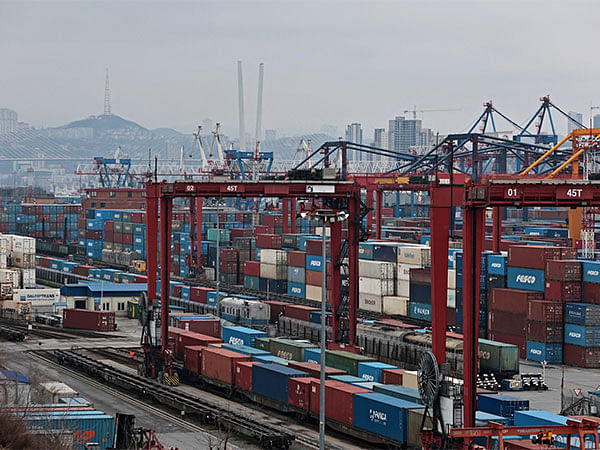
Thank you dear subscribers, we are overwhelmed with your response.
Your Turn is a unique section from ThePrint featuring points of view from its subscribers. If you are a subscriber, have a point of view, please send it to us. If not, do subscribe here: https://theprint.in/subscribe/
Over the last few years, the world has seen some of the worst events in history, including Covid-19, the Russia-Ukraine war, inflation, and now, recession is the latest buzzword. A recession is a period of temporary economic decline during which trade and industrial activities are reduced, generally identified by a fall in GDP in two successive quarters.
According to a report published by the US government, the economy grew at a 1.1% annual rate in the last quarter, but economists still believe that a recession may hit sometime this year. A recession is concerning because it may lead to greater job losses than we have seen in the last few months and reduce the purchasing capacity of people.
Recession is one of the negative growth indicators for any country’s performance, but is it really bad for the environment? Experts have mixed views on this. Some believe that a recession negatively impacts the environment because industries stop investing in green technologies and people stop buying environmentally friendly products due to financial constraints. Others believe that a recession helps the environment because consumers reduce spending on unnecessary items leading to less wastage and lower emissions.
One of the significant environmental impact indicators is air pollution. Industrial and transportation activities are symbols of economic growth, but they also lead to air pollution due to the use of fossil fuel and associated emissions. A recession leads to a reduction in these activities, helping to reduce emissions of harmful gases into the environment. According to a study published in Nature Communication in 2015, the recession of 2007 to 2013 led to an 11% reduction in CO2 emissions in the US, which was attributed to a reduction in industrial production and people driving or travelling less. The emission of greenhouse gases decreased by about 1.4% due to the slowdown of economic activity during 2008–2009.
In a similar study conducted in Europe between 2004 to 2010, they found a reduction of 15-30% in nitrogen oxides emissions throughout Europe. In many large cities across Europe, the reduction in emission during roughly one year of economic downturn outweighed approximately 4 years of policy improvement.
Another environmental impact indicator is waste generation. As economic activity slows down, the amount of waste generated by households and businesses decreases. People spend less and buy only necessary item, leading to less wastage. For example, during the 2008–2009 recession, the amount of waste generated in the United States decreased by about 5%. The reduction in waste also expected to put less load on the landfills and incineration plants, thus further reducing harmful emissions.
The slowdown of industrial activities during a recession lead to a decrease in demand for raw material, thus lower the pressure on the natural resources like forests. This further helps the environment as trees helps to recover from reduced levels of pollutants.
Although the reduction in production activities during recession helps the environment, some businesses may also cut corners on environmental compliance during recession to save costs, leading to increased air, water or soil pollution and waste generation.
There is no doubt that a recession has a negative impact on economic growth, but its environmental impact largely depends on the choices and decisions taken by the public and industrial units. Additionally, a recession and its environmental effects are temporary. Therefore, it cannot be used as a long-term environmental strategy. Hence, policies that promote sustainable economic growth and protect the environment are necessary.
These pieces are being published as they have been received – they have not been edited/fact-checked by ThePrint.


COMMENTS